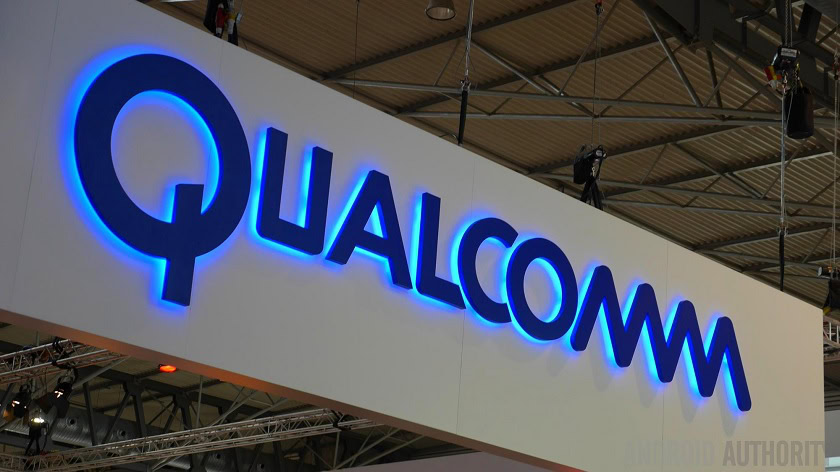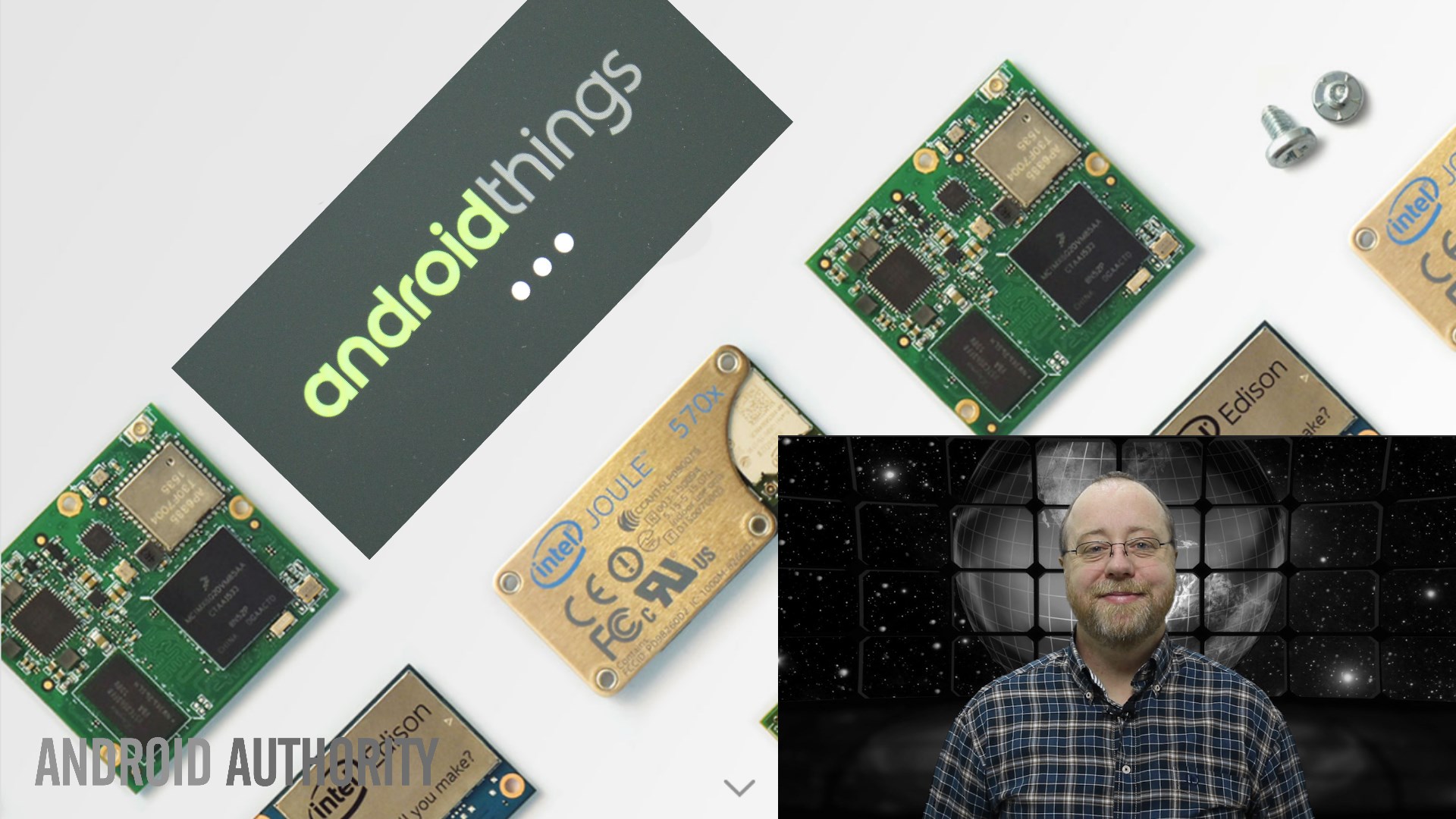Affiliate links on Android Authority may earn us a commission. Learn more.
Qualcomm to announce LTE chipset for Google’s IoT, Android Things

You may have heard a thing or two about the Internet of Things (IoT): it’s where electronic devices are connected via the Internet, communicating with one another in a smart way whether it’s a Google Home device or a Samsung smart refrigerator. Well, Google has its own version called Android Things, with a special focus on the security side of things, and Qualcomm just announced its plans to add support for Google’s IoT OS on its Snapdragon 210 processors.

This quad-core CPU will be coupled with Adreno 304 GPU, supporting media up to 1080p resolution and cameras up to 8 megapixels.
The Snapdragon 210 chipset will come with integrated 4G LTE support. This quad-core CPU will be coupled with Adreno 304 GPU, supporting media up to 1080p resolution and cameras up to 8 megapixels. According to Qualcomm, this will be ideal for cost-effective and large-scale IoT solutions, ranging from businesses to your home:
The Android Things OS is a new vertical of Android designed for Internet of Things (IoT) devices, and Snapdragon processors are expected to be the world’s first commercial System-on-Chip (SoC) solutions to offer integrated 4G LTE support for this OS. This combination is designed to support a new class of IoT applications requiring robust, security-focused and managed connectivity including electronic signage, remote video monitoring, asset tracking, payment and vending machines and manufacturing, as well as consumer devices such as smart assistants and home appliances.
Qualcomm is expected to demonstrate Android Things running on Snapdragon 210 at MWC this weekend.
Although the new processor for the Android Things OS sounds like an excellent entry-level chipset for Google’s IoT platform, I for one hope to see other companies follow suit: after all, IoT is often hailed as the next technological revolution, and as we already saw with the rumored absence of Snapdragon 835 in the LG G6, a lack of competition could ultimately limit consumer choices in a detrimental way.